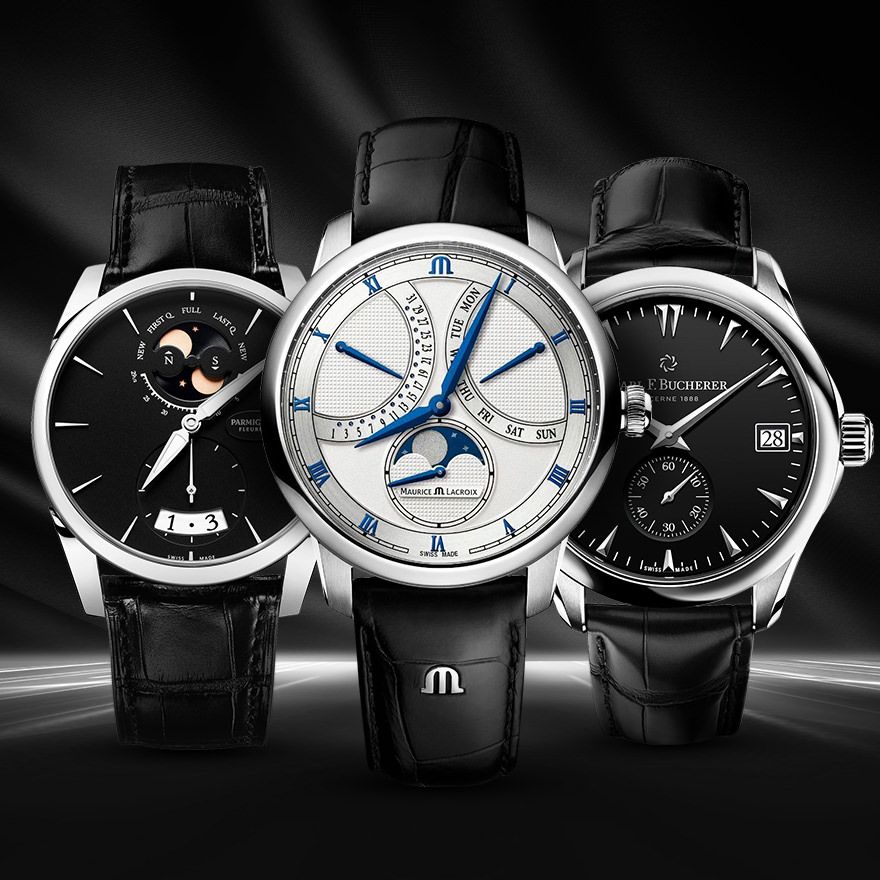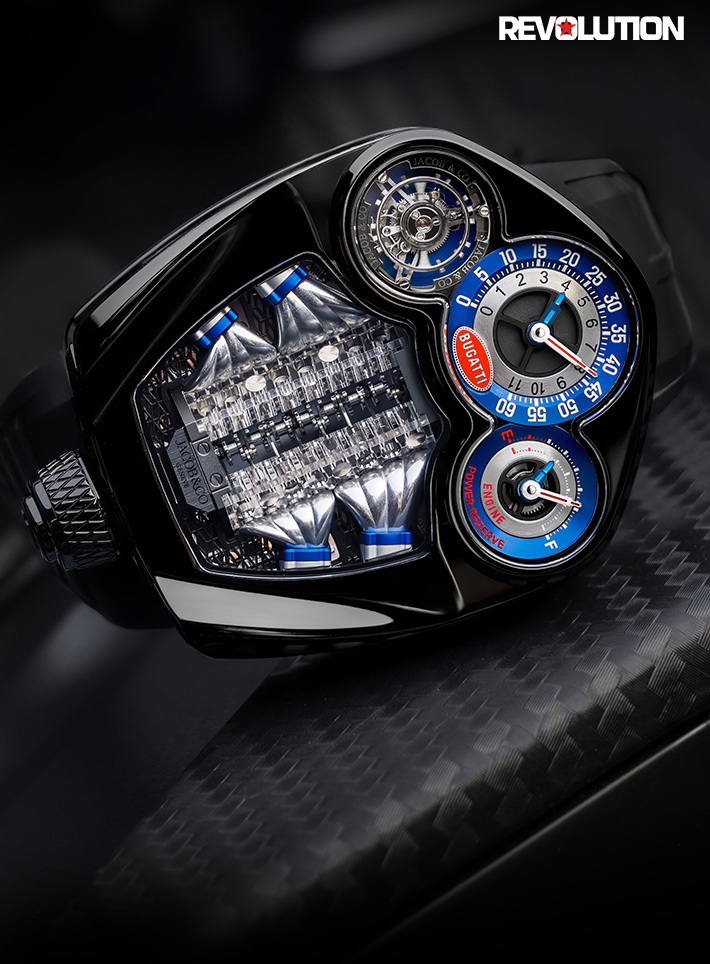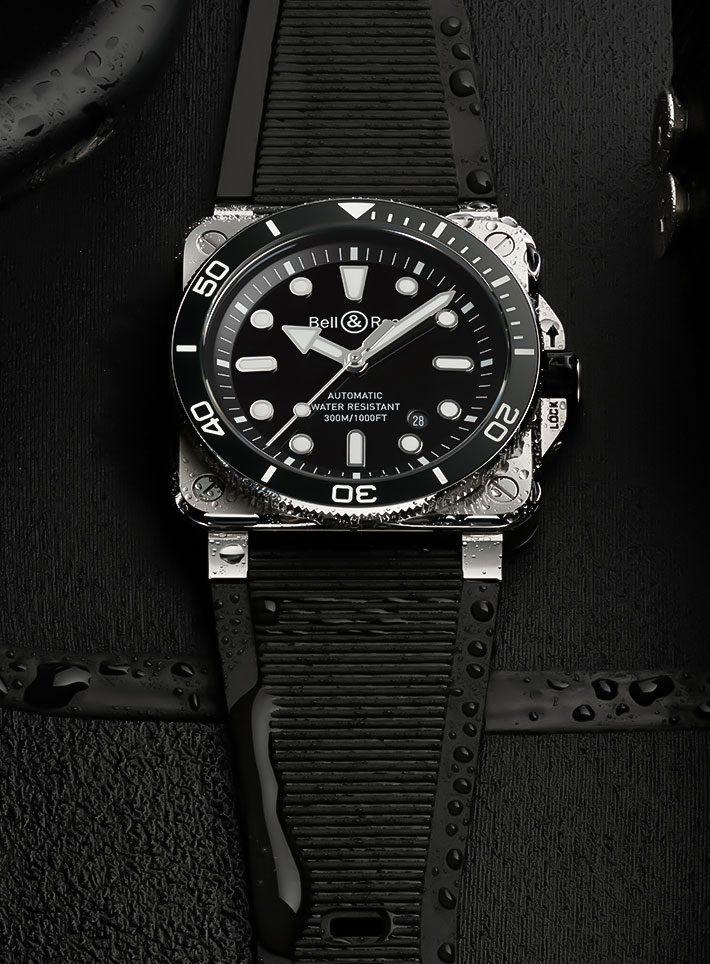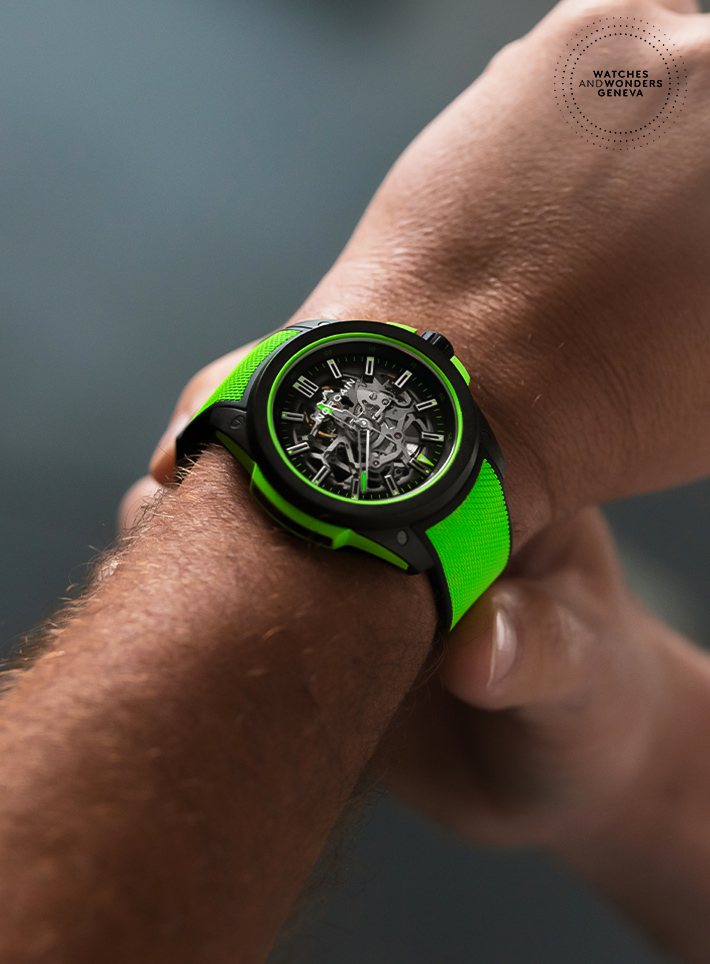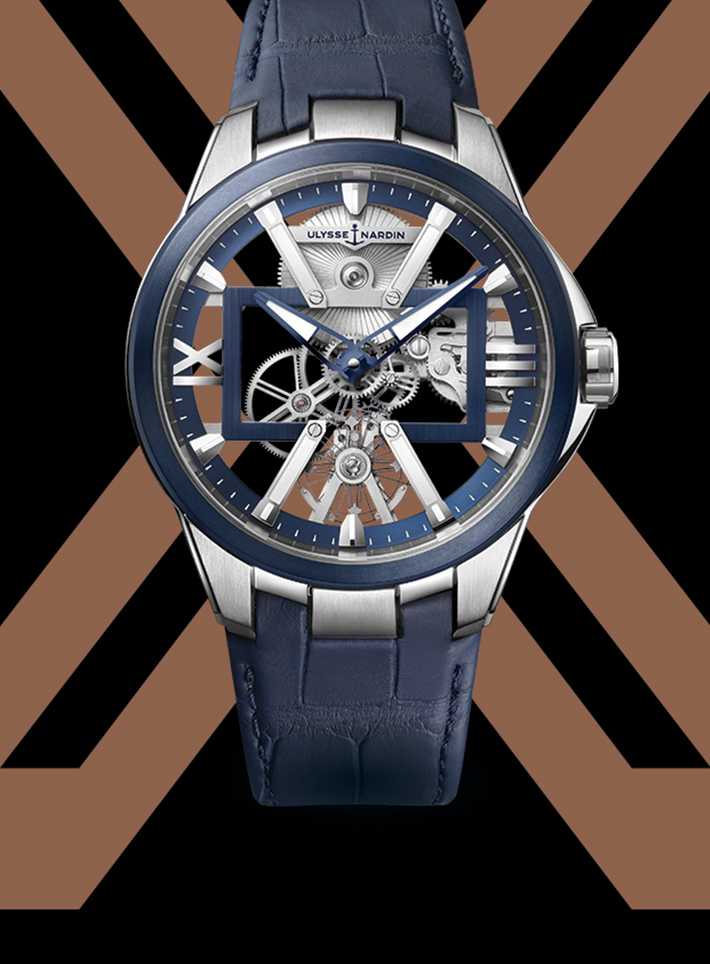SpotlightThe Wizardry That Happens Inside The Newly Opened Ethos Service Centre In Delhi
Ethos Watch Boutiques now gives you a rainbow of experiences with the new watch care facility opened in New Delhi. Here’s a walkthrough of the state-of-the-art service centre along with tips on being a good watch owner
May We Recommend
Echoing the same sentiment and placing utmost emphasis on the value of time, Ethos has opened the doors to its state-of-the-art service centre in Saket, New Delhi. Reminding one of the manufacturing facilities that are usually seen in Swiss environs, the interiors of the Ethos service centre are immaculately white and have been designed astutely keeping in mind the sequence of processes that servicing a watch entails.

The perks of having your watch serviced by Ethos are many. To start with, the highly skilled and certified engineers handling the timepieces possess a combined experience of almost 100 years in servicing watches, with some of them having studied from the Horological Inspection Institute in Bangalore, and having received international exposure and training in Swiss manufactures. These veteran engineers behind the microscopes are constantly at work, immensely patient and meticulously handle timepieces that need some TLC. The service centre houses the latest high-tech machinery and tools that have been recommended by brands and those which yield optimum results. Executing mechanisms with supreme fastidious care, the watch care practised here is smooth, efficient and impeccable.

Watches Vs Automobiles
Before going any further, let’s address the question that is often raised: why do watches need servicing? Besides the obvious answer that it has stopped functioning and isn’t keeping time as it should, there are also other rationales and precautionary measures, which indicate that it’s time to make a visit to the watch doctor. Watches are, in essence, timekeeping machines, which of course have been beautified to capture our attention. Like every other machine, the engine that is propelling the entire functionality, which is the movement beating inside, needs to be oiled regularly. It’s like the engine of an automobile.
If we look at the fundamental principles of automobiles and watches, we find that, just like in cars where there are multiple moving parts that require constant maintenance, a watch is also a complex machine that is made up of several moving components including gears, which need to be cleaned and lubricated to ensure that there is as little wear and tear and friction as possible. The theory that is applied here is that the oils and grease used inside lose their properties and become sticky, and instead of lubricating the movement, they create friction and damage the inner mechanism. This is applicable for automobiles as well. In an automobile, the engine transmits energy to the drive shaft, which in turn rotates the wheels. Similarly, in a watch, the mainspring transmits energy into the gear train that rotates the seconds hand. While auto experts recommend that a car should usually be serviced after every 5,000km, when it comes to watches, one must get their timepiece serviced every five years. In fact, if you notice that your watch is losing or gaining time, it is an indication for you to get the watch checked at a service centre.

Quartz Vs Mechanical—The Nuts And Bolts
Looking at this through a microscopic lens, there are two kinds of watches: quartz and mechanical. Since the modus operandi of a battery-equipped quartz watch differs from that of mechanical timepieces, which are powered by a mainspring that is wound by a moving rotor or by winding the crown. The processes of servicing these also differ. Water resistance, alignment of hands, crown setting, spring bar resistance, caseback gasket change, ultrasonic cleaning, case and bracelet polishing, movement lubrication and overhaul are some of the general tests that come under the gamut of servicing a watch, be it mechanical or quartz.

The tests that are conducted, in particular, for a mechanical watch include amplitude, time rate, power reserve and beat error, while a quartz watch would call for tests to check battery voltage, current consumption by the movement, coil resistance and EOL parameters. Talking about the frequency of servicing—depending on how often the watch is worn—mechanical watches typically require servicing every four to five years, but a maintenance check-up should be done every two years. The Ethos service centre uses six to seven types of special synthetic oils, which are replaced every two years, for movement lubrication in a mechanical watch.

Quartz watches should also be serviced every five years, but a battery change must be carried out every two years. Also, one should bear in mind to use only fresh batteries as a battery is built with self-discharging properties. It loses 15 to 20 percent of its power every year. Hence, it is highly recommended to visit an authorised service centre for any battery replacement issues. An aged battery may leak and damage not just the inner functioning, but even the dial and other watch parts. Battery replacements at Ethos are conducted with the utmost precision. As a matter of fact, the engineers at Ethos furnish a one-year guarantee for the new battery as well as for the water resistance.
Aside from these basic demarcations in watches, even more complex mechanisms, including complications such as perpetual calendars, split-seconds chronographs and minute repeaters, play a role in defining the servicing requirements of a watch.

A Stitch In Time Saves Nine
Our service centre engineers divulge some key precautionary measures a watch owner can practise; cleaning being the numero uno concern. If you’re investing in a timepiece that has been painstakingly crafted by skilled artisans, you better be as obsessively compulsive about cleaning as Monica Geller from Friends. Using a soft cloth, clean your watch as often as possible, wipe down the strap and the case to remove any dirt or dust.

When not on your wrist, it’s best to keep the watch in the box it came in to keep it safe from scratches and accidental damage against hard surfaces. One should also be prudent about caring for the watch when it’s not on the wrist. The service centre engineers have often received complaints from customers regarding the watch not functioning the morning after being kept in an idle position throughout the night. To counteract this in the case of a mechanical timepiece, the engineers recommend wearing the watch for minimum eight hours on an active wrist, which will adequately facilitate the winding process.
Apart from regular cleaning, you need to be cautious about exposure to sunlight, dust, dirt and other particles that can pervade the movement or fade the colour on your watch, in the case of direct sunlight. In addition, magnetism is a major concern when it comes to any electronic appliance, as magnetic fields can negatively affect the general functioning. Bear in mind that exposure to heat can shorten the battery life. Also, contact with chemicals, cleaning supplies and perfumes (especially if the watch has a leather band) are a no-no. Opening the watch by yourself can do more harm than good, so it is highly recommended to consult a watch professional.
At Your Service
God is in the details, as they say. Abiding by that philosophy, the highly adept engineers at the Ethos service centre regard discipline as the foremost pillar of watchmaking and watch repairs. In fact, by performing complete maintenance for every part, down to the last link of the bracelet, the Ethos service centre offers a 360-degree holistic experience to each and every customer that sets foot inside.
To book an appointment, or to get in touch with Ethos Watch Care, click here
